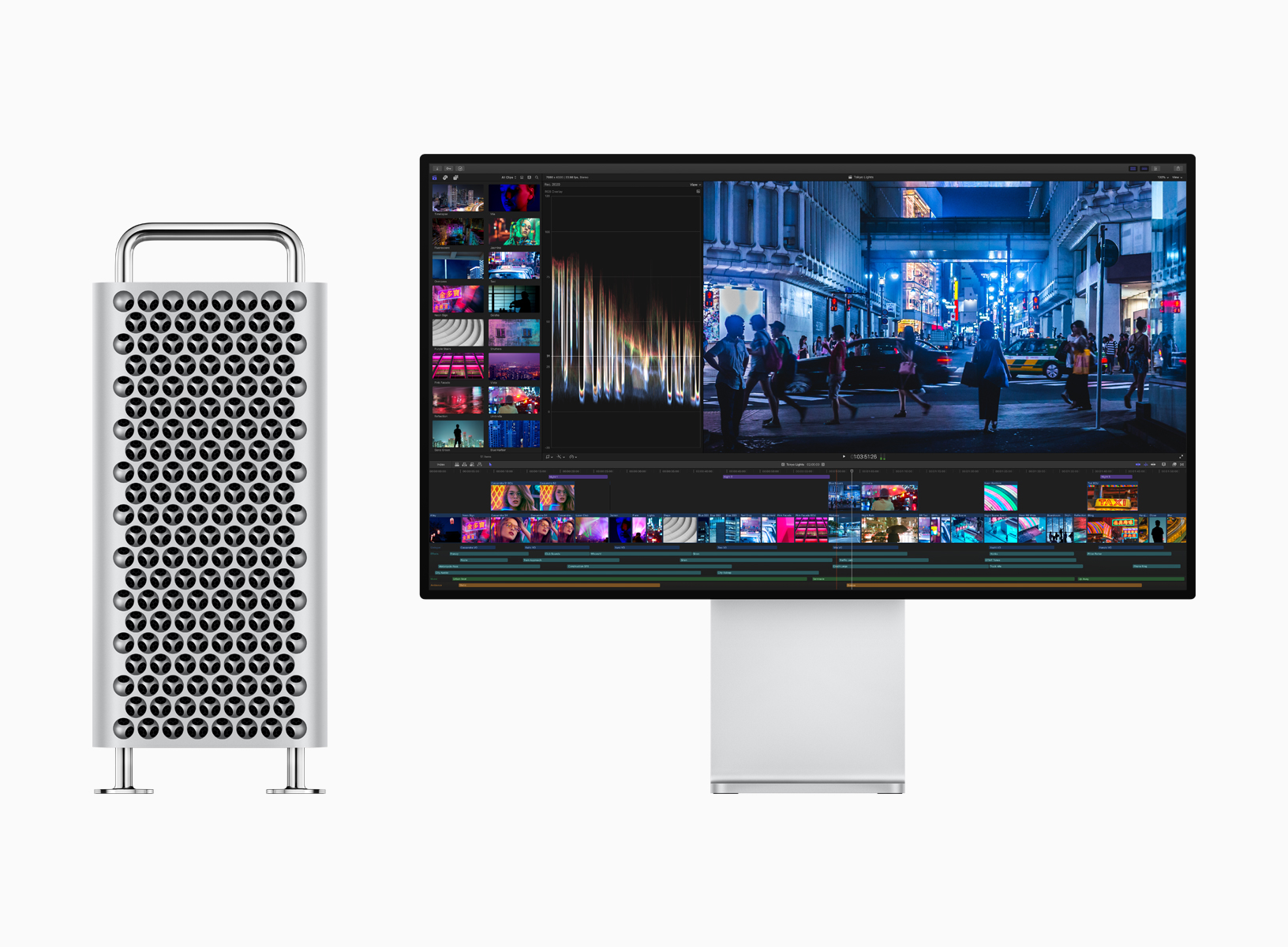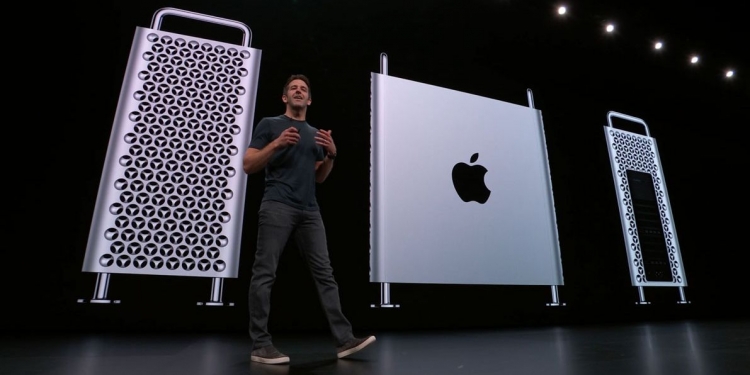During the recent Group of 20 summit in Osaka, Japan, President Trump and President Xi Jinping agreed on a cease-fire of sorts, with a few ramifications. Among others, the American president agreed to allow U.S. companies to continue to sell goods to Huawei—this must be a relief to the Chinese tech giants, with many component makers and, of course, Google prohibited from dealing with them.
But part of the resolution of China and the U.S.’s recent trade war also includes the U.S. holding off on threats to increase import tariffs on Chinese goods.
So how does that affect Apple?
The Mac Pro, which retails for US$5,999 (about RM25,000), will be manufactured in China. This seems slightly contradictory given that statements in the past have championed the previous iteration of the powerhouse computer being manufactured in the U.S.
In 2016, Trump reportedly said as part of his presidential campaign:

“We’re going to get Apple to start building their damn computers and things in this country, instead of in other countries.”
Apple CEO Tim Cook has also said that Apple was very proud of the fact that the previous generation Mac Pro was assembled in the U.S.. But Cook himself, prior to being appointed CEO, has been a key member in moving some of Apple’s manufacturing processes to China—production of the previous Mac Pro slowed in the U.S., with part of the reason being that Apple struggled to find suppliers for some of the parts needed.
But Apple put out a mitigating statement that the new Mac Pro will still have certain components made in the U.S., as “final assembly is only one part of the manufacturing process”.
This all comes as Apple is seemingly being pulled in two different directions, with pressure coming from the current American authorities to move manufacturing back to the U.S., while their sales have slowed—for the first time in 16 years, Apple missed sales expectations in January, which had a contributing factor of low sales of Apple devices in China.
The latest development in the agreement between President Trump and President Xi Jinping at the G20 summit means that Apple can move their manufacturing there with some peace of mind, after initial reports suggested that Apple would consider other (non-American) companies for manufacturing if the issue between U.S. and China authorities were not settled.








